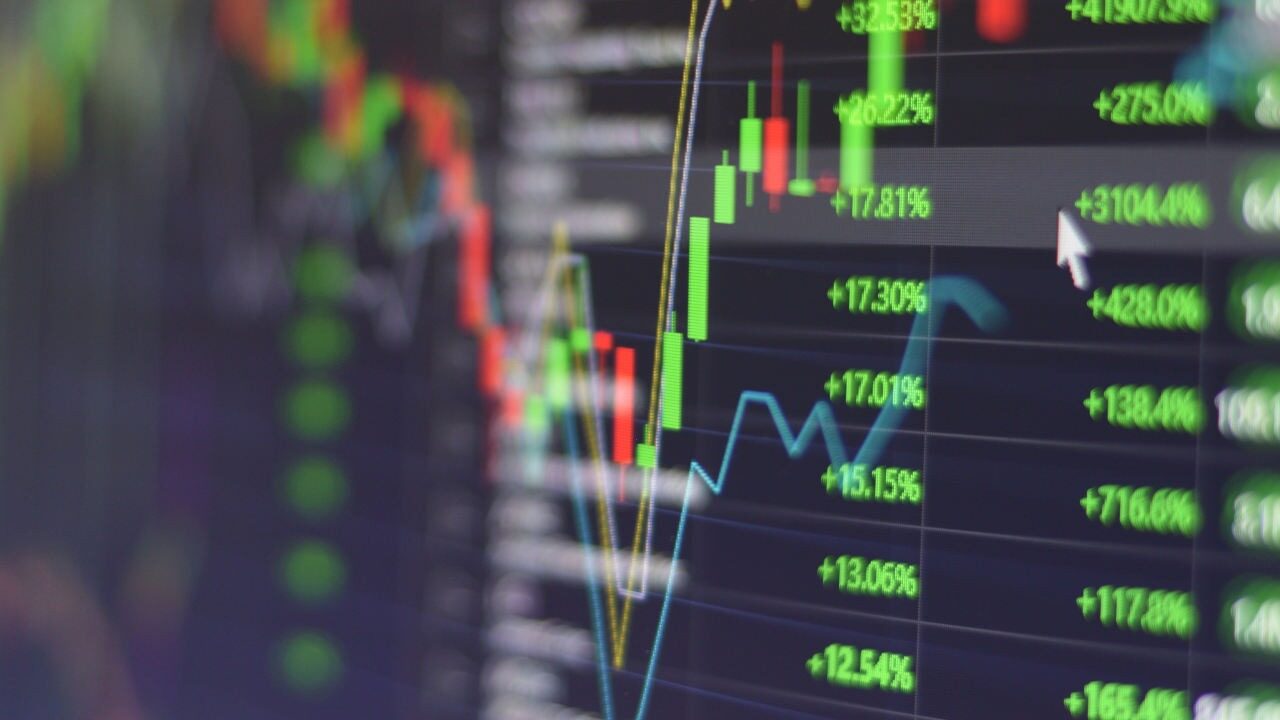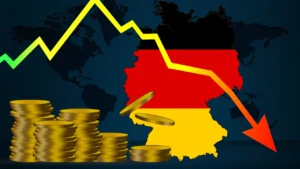
Fear in global markets. Are we in for a deeper correction?
Monday’s opening in the stock markets brought sharp drops in all US indices. Many investors ask themselves if we are facing a deeper correction and the reasons for the current fear in the markets.
China Evergrande, and more specifically the fear of its collapse, is undoubtedly one of the main factors influencing the stock markets. A substantial Chinese developer with $ 305 billion in debt (more than Poland’s) is on the brink of collapse. All eyes are on the authorities of the Middle Kingdom, without whose help the company is likely to go bankrupt. It may happen in 2 days if the developer fails to pay off his current liabilities.
According to the Financial Times, the Chinese real estate market accounts for about 28% of the economy, and the collapse of Evergrande could lead to a massive crash in it. It is estimated that the company is indebted to 171 domestic banks and 121 financial companies. However, it is possible that China will not want to save the developer, and it will be restructured. In such a case, the communist authorities will rather not worry about foreign capital and focus on protecting employees and owners of unfinished real estate.
Not only Evergrande
Other essential factors are overlapping Evergrande that explain today’s declines. According to MarketWatch, these include:
- The Delta variant of the coronavirus raises fears of a re-freezing of world economies. The United States now has 2,000 deaths a day, 30% of which come from Texas and Florida.
- Ongoing discussion in the FED regarding tapering. The Federal Reserve, which now purchases $ 120 billion in bonds and mortgage-backed securities each month, may soon consider reducing the stimulus to the economy.
- United States debt. According to US Treasury Secretary Janet Yellen, an increase in the US public debt limit is necessary if the state does not want to go bankrupt in October. Currently, the state has $28.4 trillion in debt.
- September on the stock markets. Looking at the historical data, this is statistically the worst month in the equity markets. Investors fear that cutting off access to easy money that the Fed may decide to buy will exacerbate this trend.
- Correction needed. The overheated stock markets are currently experiencing the most extended growth cycle since 2016. The S&P 500 has not seen a decline of more than 5% in over 200 sessions. Many strategists believe that a deeper correction would be healthy and logical in this situation.
- Persistent inflation. Despite slowing growth in August, the cost of living in the United States remains much higher than before the pandemic. According to a survey by the New York FED, consumers expect inflation to be 5.2% in the coming year. This creates uncertainty that affects the markets.
Deeper correction?
According to analysts at Morgan Stanley, one of the possible scenarios for the S&P 500 is a correction of over 20%. In today’s US Equity Strategy report, the investment giant’s research team wrote:
A typical mid-cycle “fire” effect would lead to a modest and healthy 10% correction in the S&P 500 index. However, the “chilling” scenario is starting to look more likely and could result in a more destructive outcome – ie a 20% + correction.



























